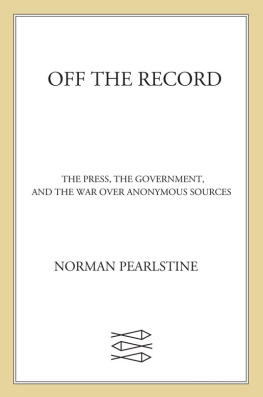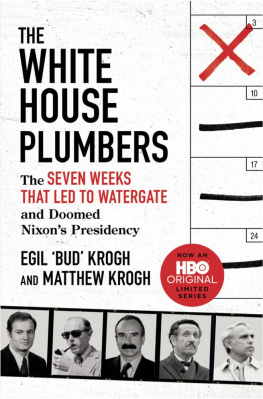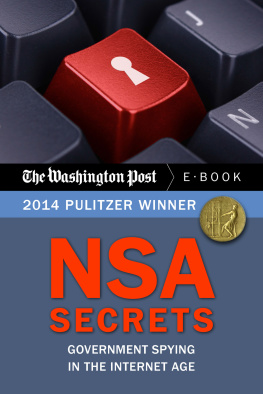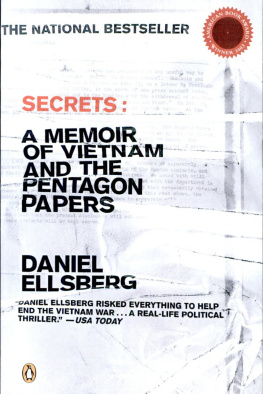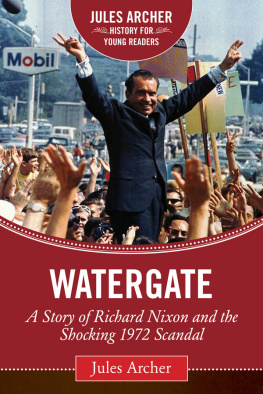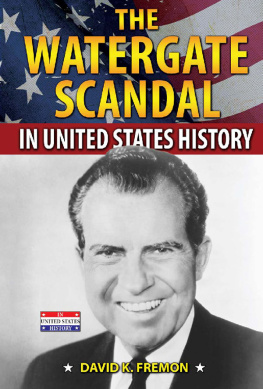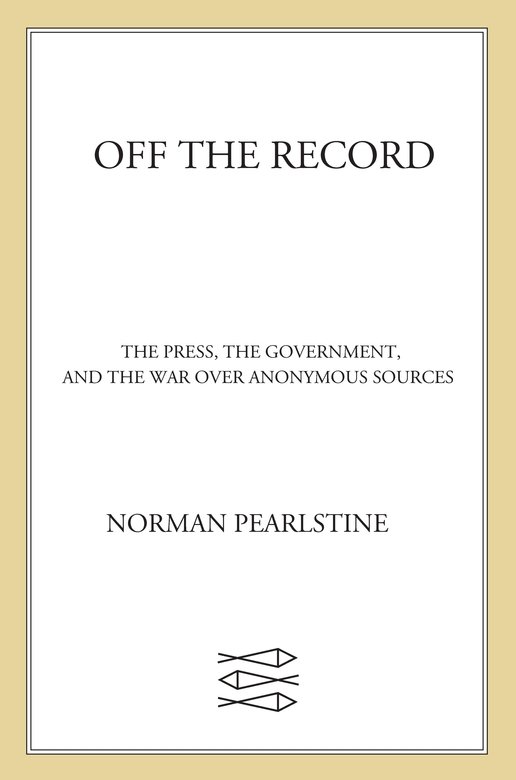I am indebted to Jonathan Galassi, president and publisher of Farrar, Straus and Giroux, and to Paul Elie, who served as editor for this book. They and their colleagues at FSG showed admirable professionalism and passion for my story. No writer could have asked for more support.
I am similarly grateful to my agent, Lynn Nesbit, who served as Sherpa and sounding board.
I could not have written this book without the help of the Media Law Resource Center. Executive Director Sandra S. Baron and her staff reported on all the issues that concerned me. No full-time research assistant could have provided the materials made available to me through the centers white papers and the MLRC e-mail report, MediaLawDaily.
Fortune editor Tim Smith took my first draft and made it better. Paul Cappuccio, Richard Cellini, Nancy Conger, Greg Curtis, Clark Hoyt, Elma Kanefield, Sam Klagsbrun, Michael Mitchell, and William Whitworth also read drafts of the book. Their comments were invaluable.
The commitment to editorial independence at Time Inc. and Time Warner Inc. is greater than anything I have known of or experienced. John Huey and Ann Moore at Time Inc. and Richard Parsons and Jeff Bewks at Time Warner Inc. gave me needed support after I turned over our notes to the special counsel, and then encouraged me to write this book. Robin Bierstedt, Matt Cooper, Michael Duffy, Jim Kelly, and John Redpath are friends and allies. They helped me wrestle with the issues and with the decisions I made, although I am solely responsible for the latter.
Gay and Nan Talese convinced me to write the book. Nan and Steve Rubin, Doubleday Broadway Group publisher, got me through its first draft.
My father, the late Raymond Pearlstine, was a lawyers lawyer who influenced me in ways neither of us understood or appreciated.
Finally, my thanks to my wife, Jane Boon Pearlstine. As bad as it may have been to go to bed with an editor and wake up with a lawyer, it was nothing compared to serving as this first-time authors muse. She was a careful reader and a patient listener. Her suggestions were delivered with compassion and gentle humor.
Editorial Guidelines
INTRODUCTION
We endeavor to serve the public interest by practicing the highest standards of professional journalism. Credibility is our most precious asset. It is arduously acquired and easily squandered. It can be maintained only if each of us accepts responsibility for it.
The ways in which we can discredit ourselves are beyond calculation. It is up to staff members to master these general principles and, beyond that, to listen carefully to their individual sense of right and wrong. If you know of anything that might cast a shadow on our reputation, you are expected to inform a supervising editor. This can be an uncomfortable duty; under some circumstances, it can do harm to ones relationships with fellow journalists. It is, nonetheless, a duty.
These guidelines contain useful principles for editorial staffers as well as free-lancers. They apply to all the work we produce, in print, for broadcast, or on the Internet. They are, however, only guidelines, and there may be exceptions. You may encounter situations not described in these guidelines. At times, circumstances and good judgment may dictate different methods. Confer with your supervisor or an editor, including, if necessary, the editor in chief, whenever you are uncertain about what to do. Do not be shy about asking questions. A robust, ongoing discussion of ethics at all levels is essential if we are to serve the public interest.
These guidelines are based on Time Inc.s new guidelines and, in many places, are identical to them. They also include small sections taken verbatim from the guidelines of the Los Angeles Times and The Washington Post. The section on confidential sources relies on Professor Geoffrey Stones testimony before the Senate Judiciary Committee, and brief phrases are included from many of the news outlets whose guidelines are referred to in chapter 18.
We are aware that the publication of editorial guidelines can create problems. Lawyers will try to use them against us in litigation. Any discrepancy between what the guidelines say and what a journalist did in a particular situation will be highlighted in a lawsuit. While recognizing this risk, we believe that these guidelines will help journalists conduct themselves in accordance with responsible journalistic practices and ensure that their work will be as accurate as possible.
REPORTING
A fair-minded reader of our news coverage should not be able to discern the private opinions of those who contributed to that coverage, or to infer that we are promoting any agenda. A crucial goal of our news and feature reportingapart from editorials, columns, criticism, and other content that is expressly opinionatedis to be nonideological. Our stories may often make a point. But that point should be based on our reporting, not on our predetermined point of view. It may be difficult to fulfill our commitment to fairness. We must recognize our own biases and stand apart from them. We must also examine the ideological environment in which we work, for the biases of our sources, our colleagues, and our communities can distort our objectivity.
Investigative reporting requires special diligence with respect to fairness. Those involved in such stories should bear in mind that they are more credible when they provide a rich, nuanced account of the topic. Our coverage should avoid simplistic portrayals.
Keep in mind that there is always more than one viewpoint. People or groups that are under attack may refuse to discuss their views, but we should make every effort (and document those efforts) to get that side of the story, even if a refusal is a foregone conclusion. If the subject denies an allegation, that denial should appear in the published article. People who will be shown in an adverse light in an article must be given a meaningful opportunity to defend themselves. This means making a good-faith effort to give the subject of allegations or criticism sufficient time and information to respond substantively. Whenever possible, the reporter should meet face-to-face with the subject in a sincere effort to understand his or her best arguments.
When contacting a subject or a source, reporters and editors should routinelyidentify themselves and their news organization and state the purpose of their call. Exceptions to this policy should be approved by a senior editor.
When interviewing subjects or sources, note taking is essential. The better the notes, the easier it is to write the story. Many sources welcome the use of a recording device, which can be a valuable aid in verifying facts and quotes. It is impractical, however, to rely on a recorder alone, since transcription is time-consuming and recorders can malfunction. A combination of notes and a recorder is usually best.
Given the complexity of laws covering the recording of conversations, the legal department should be consulted if there is any uncertainty about its legality. In a majority of states (including New York and the District of Columbia), it is lawful to record a telephone conversation with the consent of only one party to the callin this instance, the journalistbut in other states (including California) recording a telephone conversation without the consent of all parties is illegal and could subject the person recording the conversation to prosecution. Federal and state laws prohibit the undisclosed recording of telephone calls to which the journalist is not a party.

